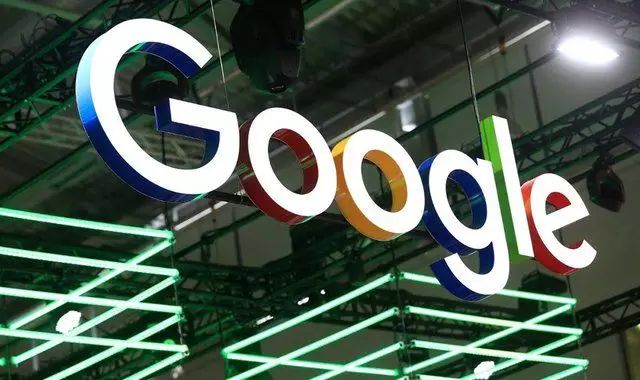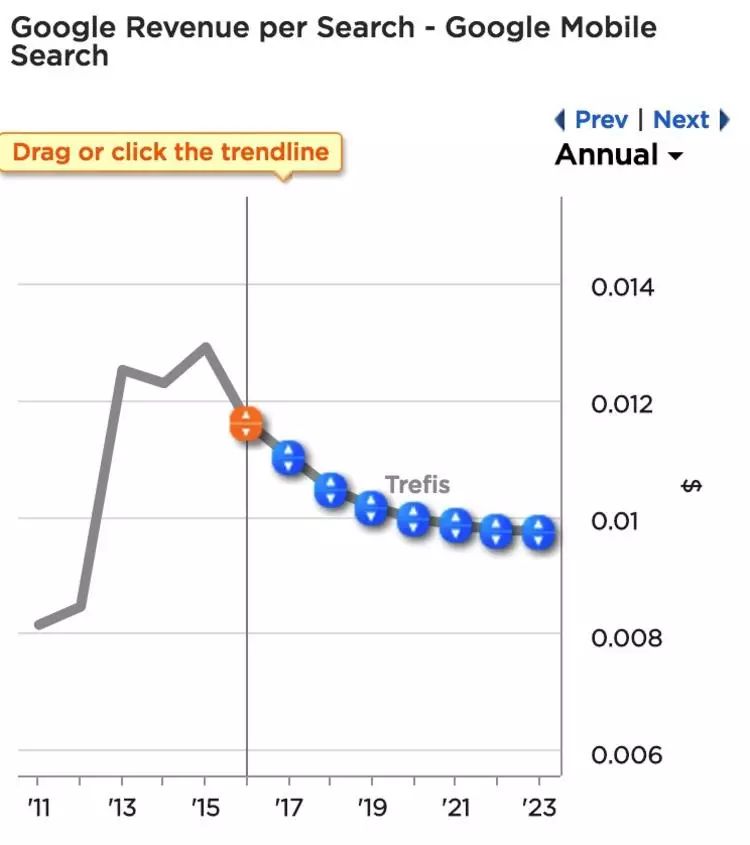Google's search advertising revenue is still rising, but unit prices are getting lower and lower

Not long ago Alphabet, Google's parent company, reported much better-than-expected third-quarter results. Alphabet's total revenue rose 20.2 per cent in the third quarter and net profit rose 27 per cent to $5.06bn, according to earnings figures. That's largely thanks to Google's search advertising business for more than a decade.
On search results pages, Google artificially interferes with the order in which information is displayed based on the keywords users are searching for, giving advertisers more exposure to their sites. News sites in various vertical categories also regularly display sidebar ads from Google.
The number of times users around the world clicked on Google Pay ads on their phones and PCs rose 33 percent from a year earlier, according to the results. That means Google can get more advertising money from advertisers.
That's true. Google's advertising revenue rose 18% in the third quarter from a year earlier.
That doesn't mean, however, that Google's future is good and secure.
Google, the search engine, has about 63% of the market share in the PC market, which has stopped growing. On smaller phones and tablets, Google has almost 84% of the search share.
In proportion, Google seems to have the upper hand. But in fact, the price of search ads on the PC side has been falling for the last three years, and the ad revenue per 1,000 clicks on the phone side has also fallen from last year.
Taken together, Google's ad revenue index fell 11 percent in the third quarter, well above analysts' estimates of 4.5 percent.
The global mobile market has also entered a slow growth phase since last year, and Google's hopes of increasing advertising revenue through search services are becoming increasingly difficult to realize.

Google Mobile's single-search revenue is on the decline
This is largely due to differences in user usage habits on different devices. Few people use Google to search for information on a tedding touch screen compared to a PC. Even if there is, the frequency is much lower.
To ensure the status of mobile search, Google has placed the search box in the prominent position at the top of the phone's home screen in its native Android system. Still, it's hard to get users into search habits.
Not to mention China's hundreds of millions of Android smartphones, most of which don't use Google.
Faced with this, Google's parent company announced that it was using the money at hand to buy back about $7 billion worth of stock.
In addition, Google has made a new attempt on the Pixel phone, which was released in early October.
The Pixel presets an artificial intelligence assistant, Google Assistant, a feature not available on other Android phones. It does more with the user's voice commands than with text.
Google appears to be using AI to tap further into the commercial value of its core search capabilities on its phones. However, Pixel and Google Assistant need more time to prove whether this strategy really works.
Go to "Discovery" - "Take a look" browse "Friends are watching"